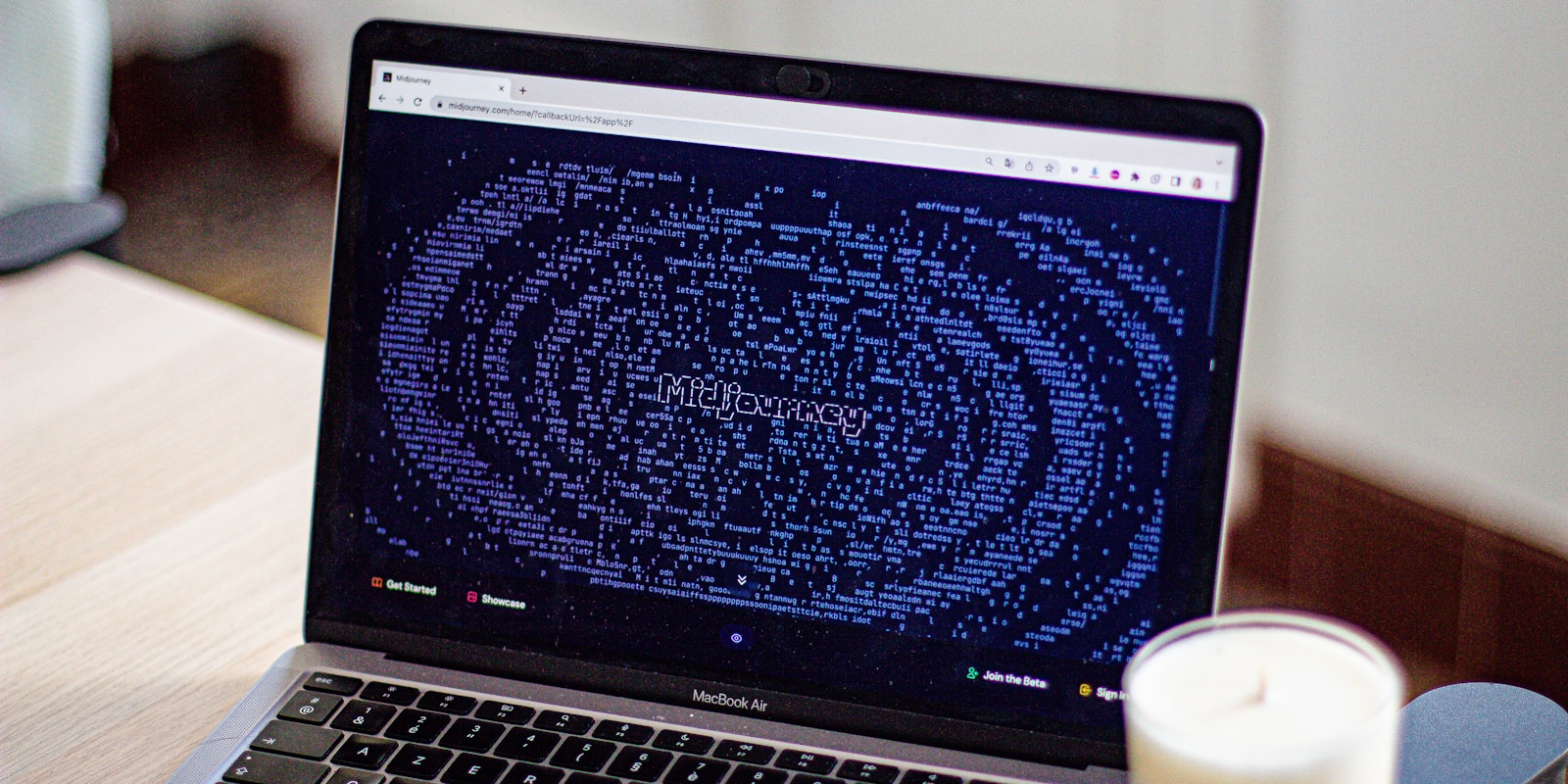Key Takeaways:
• The police are now using artificial intelligence (AI) to ease crime investigations.
• AI-powered tools are helping cops analyze vast amounts of data quickly and efficiently.
• As AI takes the lead in solving crimes, it raises ethical and privacy concerns.
Unmasking the AI-driven Touch in Police Work
Artificial intelligence, or AI for the young tech heads, is silently rewriting the rules of the game in criminal investigation. Once known for their conventional methods, our police have now turned digital detectives. They’re deploying advanced AI tools to sniff out clues and catch the bad guys faster.
Unraveling the Crime Scenes with AI’s Magic Wand
Here’s how it works. Police departments feed heaps of data into the AI system. It can include anything from crime scene photos, known criminal activities, to social media profiles. Using complex algorithms, the AI goes to work. It quickly sifts through the mountains of data, pulling out useful insights. Something that would take human cops days, even weeks, AI can do in minutes!
Virtual Police Cars and AI Patrolling
Imagine an AI patrolling our streets, watching out for any mischief. Sounds cool, right? Well, that’s not a distant dream anymore. Modern technologies have paved the way for virtual police cars equipped with AI-based surveillance systems. They can identify potential hazards, read license plates, even monitor pedestrians for odd behavior.
Now, let’s talk about you, the tech-savvy teenager. With your impressive computer skills, you might think you can fool the AI. Bad news for you, it’s not easily fooled. With facial recognition, voice fingerprints, and other biometrics at its disposal, AI tools can match millions of records almost instantly. Meaning, no one can hide from justice for too long.
The Pressing Questions: AI, Ethics, and Privacy
But, the use of AI in police work isn’t all rainbows and robots. It raises a few questions, especially about our privacy and ethics. Let’s ponder a bit. Are we ready to let machines decide who’s guilty and who’s not? Yes, AI is quick and efficient, but can it replace human judgment? After all, it can’t feel emotions, understand nuances, or have a sense of empathy. Also, remember AI is as good as the data it feeds on. If the input data is biased, so will be its results.
Building Trust: A Transparent and Accountable AI System
All these concerns shouldn’t make us shun AI entirely. Instead, it calls for an open conversation. We need to use AI carefully, responsibly. AI systems should be transparent and accountable. That means, we should know how these systems are making decisions. Only then can we trust their judgments.
And remember, while AI aids in criminal investigation, final decisions should always be made by human police officers. After all, nothing can substitute for human intuition and judgment.
Final Thoughts: The Future of Policing in a Digital World
As technology evolves, so will the methods used to fight crime. Yes, AI is revolutionizing police work today. But it’s not the solution to every problem. Its use must complement human intelligence, not replace it.
The future of policing will likely continue to be a blend of AI and traditional methods. And as we step further into the digital era, it’s crucial that we strike a balance between tech and touch, data and discretion.
Artificial intelligence in policing? A pretty cool idea indeed! But, there’s a fine line between harnessing its power and misusing it. And it’s a line we need to tread carefully. Because at the end of the day, we’re dealing with real people and real lives, not just codes and algorithms.
